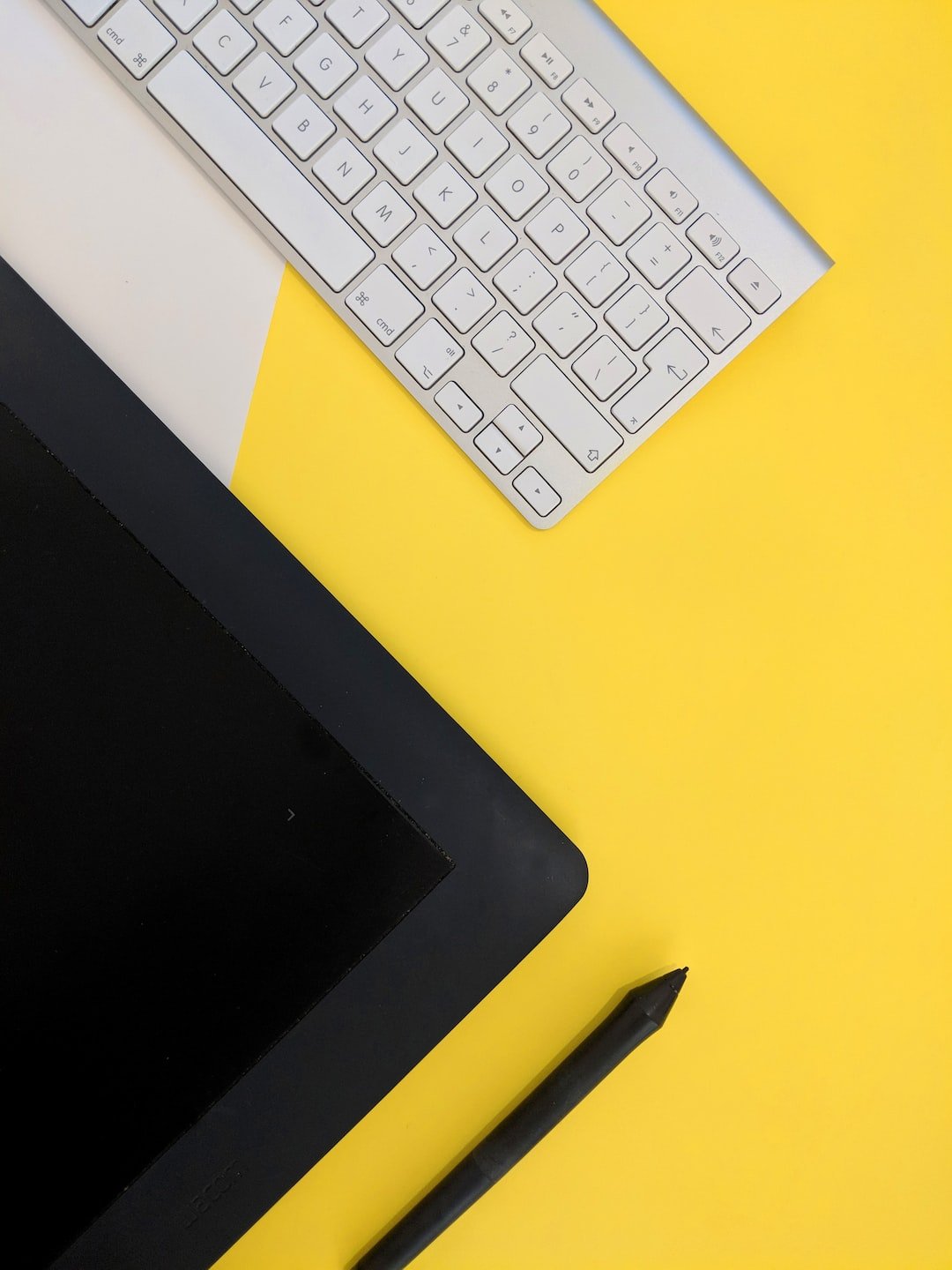The Impact of Social Media on Mental Health
In today’s digital age, social media platforms have become an integral part of our lives. From connecting with friends and family to sharing our thoughts and experiences, social media provides us with unprecedented opportunities for communication and self-expression. However, like any other powerful tool, social media has its downsides, one of which includes its impact on mental health.
Let’s delve into the various ways social media can affect our mental well-being.
Comparison and Self-esteem
One of the most significant concerns associated with social media is the detrimental effect it can have on our self-esteem. Platforms like Facebook and Instagram are filled with carefully curated profiles showcasing people’s best moments and achievements. Constant exposure to this highlight reel of others’ lives often leads to negative self-comparisons, making us feel inadequate in our own lives. People may start doubting their own worth, attractiveness, and success, resulting in lowered self-esteem and heightened feelings of depression and anxiety.
Cyberbullying and Online Harassment
Another alarming consequence of social media is the rise of cyberbullying and online harassment. With anonymity granted by the internet, individuals can hide behind the virtual world and unleash all forms of hate towards others. The impact on mental health can be severe, often causing victims to experience feelings of shame, anxiety, and even contemplating self-harm or suicide. Continuous exposure to such toxic behavior can lead to a loss of confidence, feelings of isolation, and profound mental distress.
Addiction and Isolation
Easily accessible and constantly updated, social media platforms have the potential to become addictive. For those prone to addiction, excessive time spent on social media can lead to neglecting real-life relationships and responsibilities. This preoccupation with likes, comments, and followers can spiral into obsession, resulting in increased feelings of loneliness and isolation. The constant comparison to others’ seemingly perfect lives can amplify these negative emotions, leading to a deterioration of mental health and a decreased sense of life satisfaction.
Sleep Disturbances
The widespread use of social media, especially before bedtime, has been linked to sleep disturbances. The blue light emitted by electronic devices and the constant need to check notifications can interfere with the body’s natural sleep-wake cycle, also known as the circadian rhythm. Lack of quality sleep can have severe consequences on mental health, including increased stress, irritability, and a higher risk of developing mood disorders such as depression and anxiety.
Fear of Missing Out (FOMO)
Social media fuels the fear of missing out syndrome, commonly known as FOMO. Constant exposure to peers’ social activities and events can lead to feelings of exclusion and loneliness. This fear of missing out on exciting experiences documented on social media can trigger anxiety and a sense of dissatisfaction with one’s own life. The incessant desire to be constantly connected and involved in others’ lives can significantly impact mental health, as it prevents individuals from living in the present moment and appreciating what they have.
However, it is important to remember that social media is not all doom and gloom. When used mindfully and in moderation, it can provide numerous benefits, such as increased social support and a sense of community. For example, individuals struggling with mental health issues can find solace in online support groups, connecting with others who have similar experiences. Additionally, exposure to educational content and mental health resources on social media can lead to greater awareness and understanding of mental health issues, reducing stigma and encouraging dialogue.
To minimize the negative impact of social media on mental health, it is essential to adopt healthy online habits. Here are a few tips:
1. Limit Screen Time: Set specific time limits for social media usage, and make a conscious effort to adhere to them. Too much exposure can be overwhelming and detrimental to mental health.
2. Curate Your Online Experience: Unfollow accounts that make you feel inadequate or trigger negative emotions. Surround yourself with positive and supportive content that uplifts your mood and self-esteem.
3. Practice Self-care: Take regular breaks from social media to focus on self-care activities that promote mental well-being. Engage in hobbies, spend time with loved ones, or explore mindfulness practices to cultivate a sense of calm and balance.
4. Seek Real-life Connections: Prioritize face-to-face interactions and nurture meaningful relationships offline. Genuine connections are crucial for maintaining good mental health.
Social media has revolutionized the way we communicate and interact with the world. It offers endless possibilities, but we must be mindful of its impact on mental health. By understanding the potential pitfalls and adopting healthy online habits, we can navigate the digital landscape with greater awareness and protect our well-being in the process.

